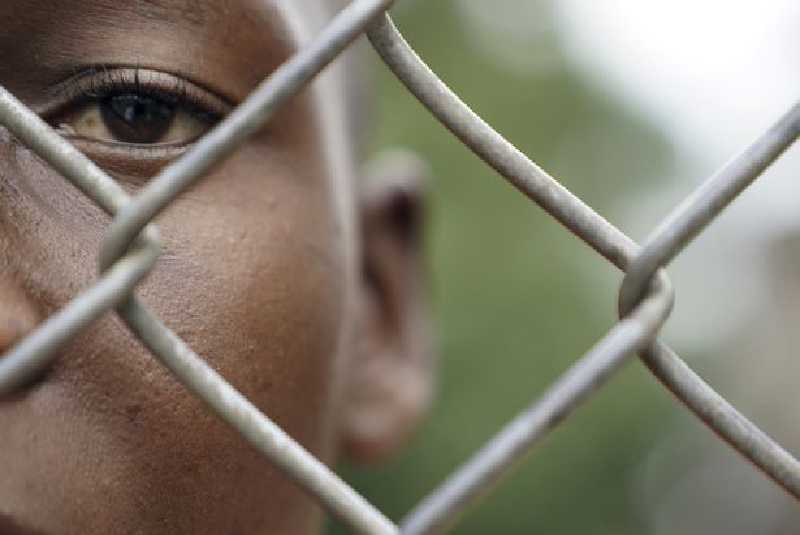×
The Standard e-Paper
Stay Informed, Even Offline

There are 20,000 child soldiers in the Congo.
On the teenage girl’s shin are ugly bullet scars – a chilling reminder of the horrors of war and the terrifying death of her father.